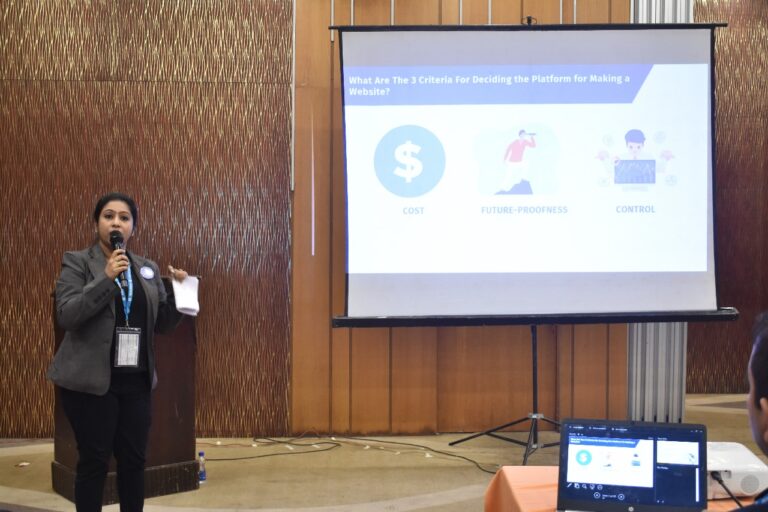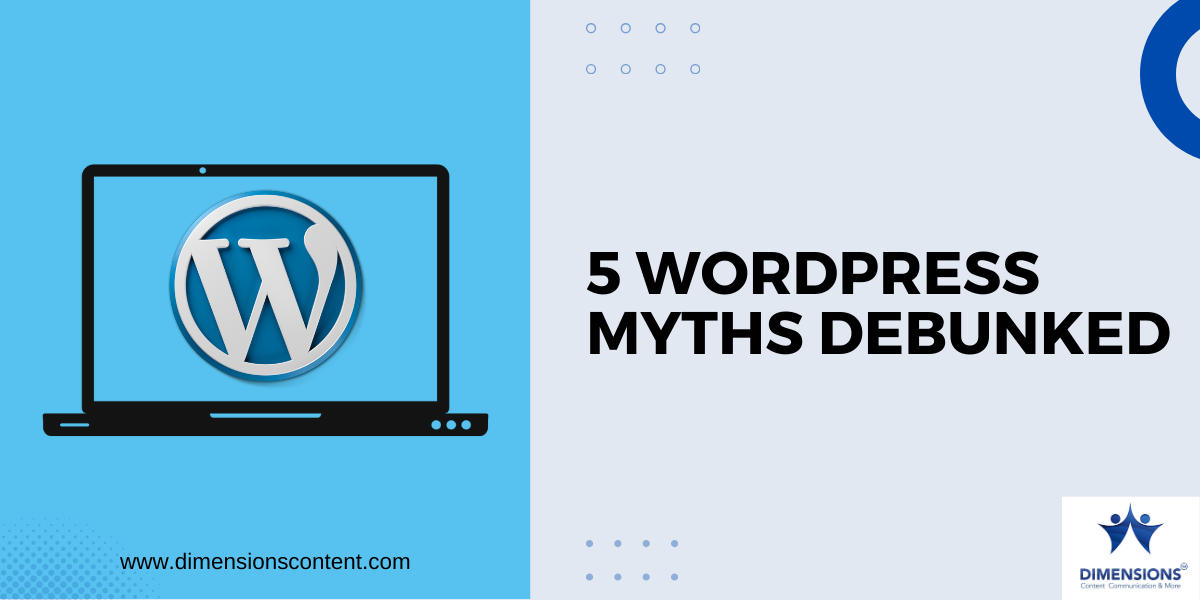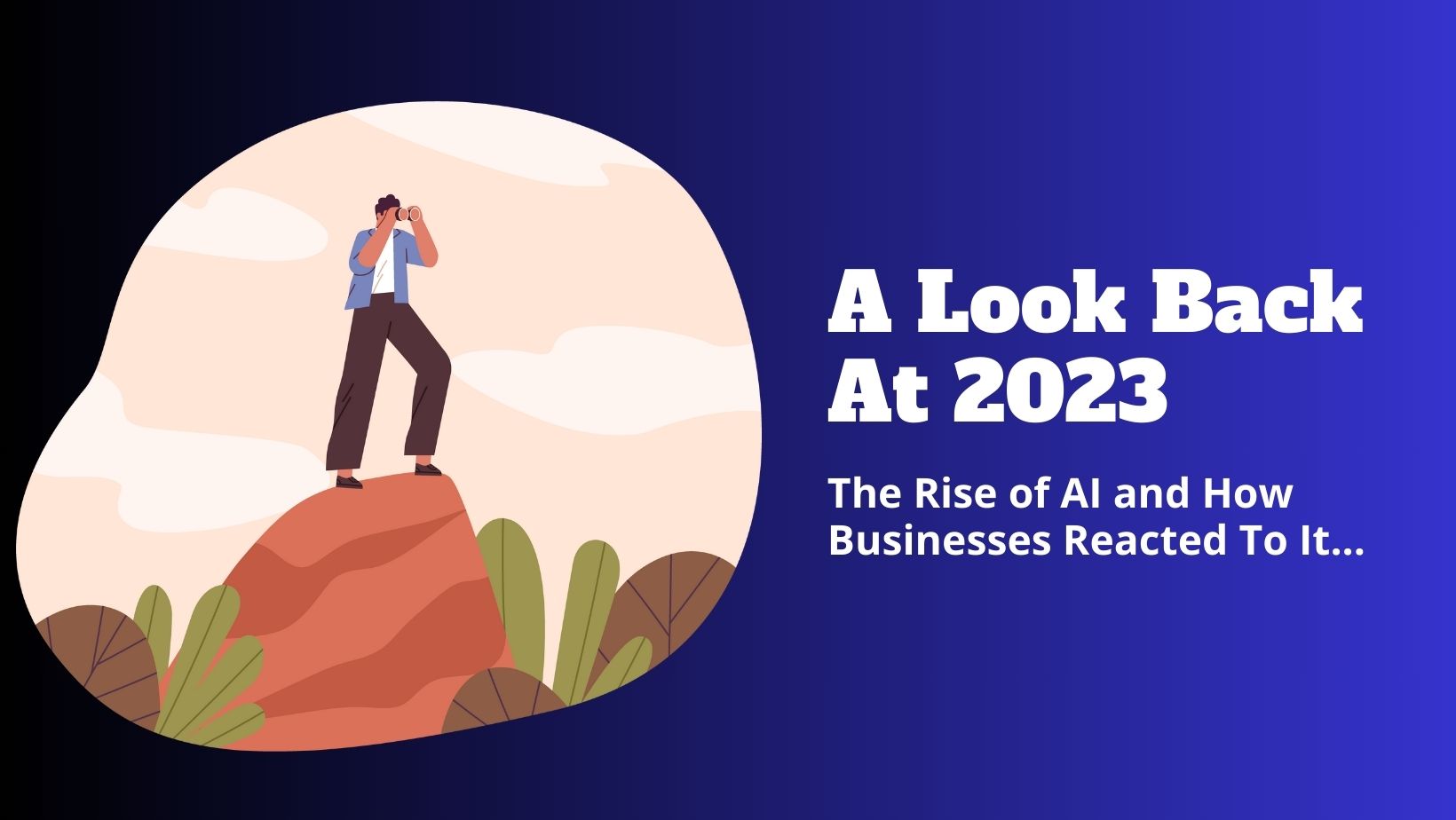In January 2024, the WordPress Kolkata Community held CareerCamp where Dipanwita Gupta, founder of Dimensions Content discussed how WordPress enables even non-tech business leaders to have control over the design and management of their websites. The text below has been taken from her speech.

WordPress for non-technical small business owners: Is it enough?
Do all small business owners need to be tech ninjas to have an up-and-running company website? Should they stretch their budget to hire a website development agency to create and maintain a custom website? Or is there an easier solution that is effective and affordable?
As ambitious entrepreneurs with little to no technical skills, experimenting with tech stacks is not an option, especially regarding our business website. However, in this digital era, having a well-structured website is a necessity. It is one of the most important digital assets of small businesses. It may sound unlikely, but we can skip the aesthetic social media handles. But a company website? Not so much.
Three factors that determine the fate of our websites:
As non-technical business owners, we generally have three criteria while finalising the technology or platform we will use for making our websites –
- Cost: The development cost should not leave us broke.
- Readiness: The website should be future-ready. As a small business, refurbishing/redesigning the website every year is not feasible- neither in terms of money nor time.
- Manageability: Finally, my team and I should be able to manage the website – in the truest sense. I am not just talking about uploading blogs. We should be able to create landing pages to promote New Year offers, and I should be able to add products and optimise the website- well, you get the point. In today’s tech-driven world, the company website is an extension of my business. My lack of control over the website may be a direct reflection of my lack of control over my business itself!
So, as small business owners, what do we do?
Well, we have two choices:
- Hire a full-time developer or a team of developers who would create a custom website and later manage it.
- Get a contract with a WordPress developer who will create the website and hand over the reins to us. Now, the marketing team will handle and manage the website.
I do understand that option 1 sounds simple, hassle-free, and obvious. That is, until there is a lack of bandwidth (which most small businesses face) or knowledge and expertise to handle a custom website.
Enters WordPress…
WordPress offers you the flexibility to build, manage, and scale your company website using minimal or zero code. There are some major building blocks of a WordPress website, such as:
- Server
- Domain
- WordPress installation
- A theme
- A design editor
- A security plugin
The best part is you do not have to be a tech guy to leverage these six features. For less than INR 1000, you can get cheap hosting and a domain name. The cherry on the cake is that hosting companies help you get started with simple one-click WordPress installation options. So, no need to delve deep into the control panel of your server.
Understanding WordPress website development in a glimpse:
Earlier, we highlighted three points that determine website development at small businesses. Let’s understand the role and importance of WordPress in these regards.
1. Low cost of development:
WordPress lets you choose from a plethora of themes or layouts so you can decide the look of your website with a click of a button. All you have to do is add the relevant text and images for the web pages.
With a bit of SEO and meta description, the website is ready to go live. However, due to pre-defined templates, your choices are limited. While some themes are customisable, the old ones do not support updates. Despite its challenges, WordPress is still an effective platform for building a robust, visually attractive website that helps in cost-cutting.
2. Building a future-proof website:
Must you know coding to have the freedom of designing a website that resonates with your brand voice and reflects your views? With WordPress, the answer is no. The open-source platform empowers you with builders that help the website become more resilient and scalable. These plug-ins are available under a freemium model, so you can create a perfect website only with free builders. WordPress builders can level the playing field for small businesses with WordPress-built websites like Dimensions.
Pros of WordPress builders:
- No need for programming knowledge
- Dramatically reduces the website development time
- Helps in cost cutting- you do not have to hire expensive web developers.
- Significantly reduces the management overhead costs.
But like all other ideas, WordPress also has its limitations.
Cons of WordPress builders:
- Although WordPress is open itself, its builders can lock down the website, defying the philosophy of Open Source. Hence, it might be slightly uncomfortable to use.
- Secondly, these builders throw a lot of HTML and JavaScript elements. If you are not careful, these builders can reduce the website’s loading speed.
WordPress gives business owners the flexibility and freedom of no-code website design and maintenance.
3. Effective control over the website:
Right now, WordPress is undergoing an excellent transition that will allow small business owners like you and me to manage our website more effectively and make it future-proof. As the Classic Editor has retired, the default WordPress editor is now Gutenberg – a block-based editor.
Gutenberg has established itself as a powerful editor, and if all goes well, we will not need builder plugins to bring our WordPress websites to life. In the future, we can create websites using full site editing or FSE-compatible theme, allowing us to do everything builders did. Many Gutenberg-compatible page builders work alongside Gutenberg, expanding its functionalities. While older page builders take you away from the core WordPress block editor, these new page builders keep you within the Gutenberg editor. You can leverage these modern builders to build professional websites- without coding knowledge.
Can WordPress Survive The Test of Time
In the end, if this is what you are asking, then the answer is YES! Plugins will come and go, but WordPress is forever, thanks to it being open source. Not to forget, several talented developers will be maintaining it for years to come. Unfortunately, we cannot say the same about closed-source website-building platforms. The absence of an integrated community or open-source code does not make these platforms a top choice for non-technical entrepreneurs. Did you know NASA trusts WordPress with their website? Needless to say, it has become too big to fail. 43% of websites across the world are built using WordPress. This is why I – as a non-programmer – love WordPress (and you should, too). It gives bootstrapped small and mid-level freedom as well as the confidence to build a distinctive online persona for our business using this awesome platform.





